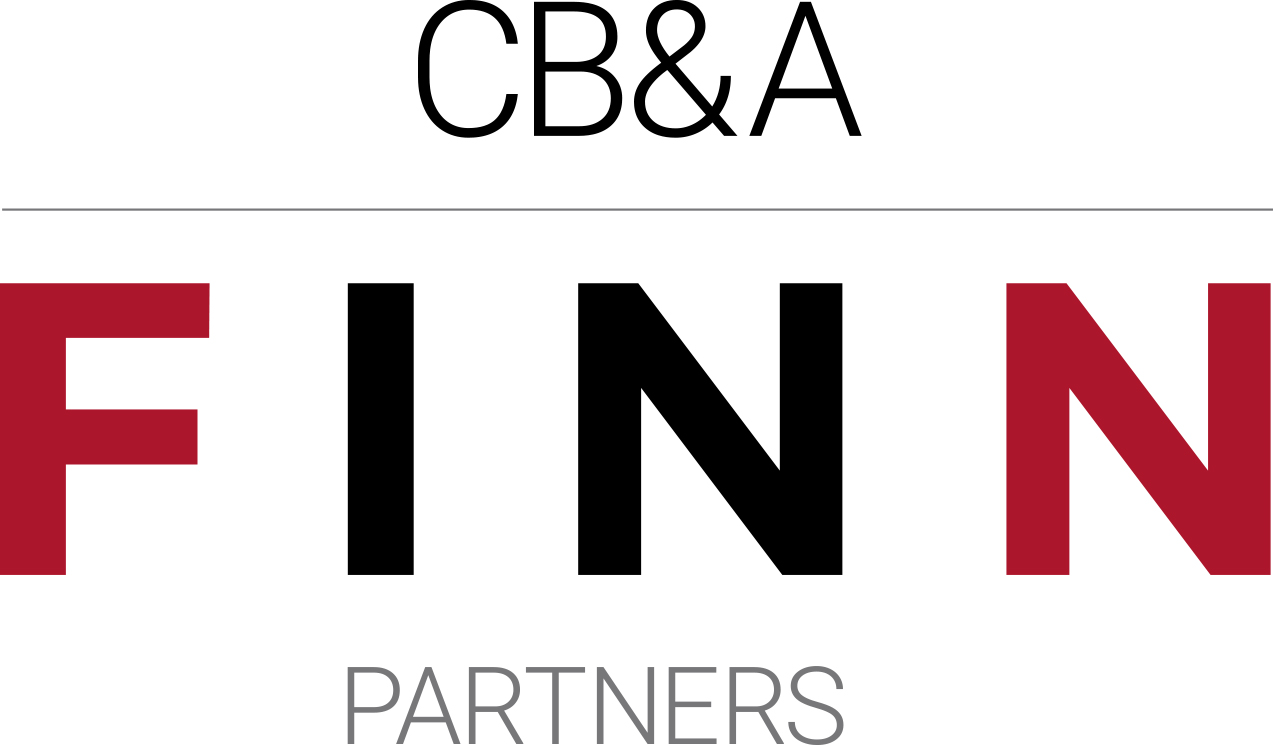

President Obama signs the Every Student Succeeds Act into law on December 10, 2015 Photo courtesy of US Department of Education
Every Student Succeeds Act accounts for diversity in education, setting aside strict federal mandates
Big changes are on the horizon for American educators and the individuals in the ed tech market. Last week, president Obama signed a major rewrite of the No Child Left Behind Act (NCLB). Gone are the days of a one-size-fits-all, strict federal education mandate, punitive consequences for poor performing schools, and sweeping academic requirements.
Enter: Every Student Succeeds Act (ESSA). In an atypical bipartisan collaboration, Democrats and Republicans came together to pass the bill, which the President has dubbed “a Christmas miracle.”
What’s this mean for ed tech marketers? In short, it means that communities, districts, teachers and parents have a much larger role in defining what success is in their local schools and how to measure it. State education departments and districts themselves now have the flexibility to set goals, assess and evaluate students in their schools as they see fit.
While the law still requires standardized testing in reading and math, local school boards now have the flexibility to set assessment goals and determine what needs to be fixed and when, based on the populations in their schools. Importantly, it removes the rule that children must become proficient in reading and math by a certain date. Rather, it offers the flexibility for districts to define what certain students should learn, how they should learn it and when.
“Every Student Succeed Act offers some very bright opportunities for educators and those who work with them,” said President and Founder of CB&A Charlene Blohm. “The 18-month transition from NCLB to ESSA will give educators and ed tech companies time to position themselves and their districts to take on the challenges and opportunities for the 2017-2018 school year when ESSA takes effect.”
Something to note is that schools will still have to perform and assess student competencies, meet goals and strive for achieving competencies. Further, this act allows schools and districts to establish those assessments and goals, rather than the feds doing so. A point to note is that the feds will be involved with the lowest-performing 5 percent of schools in each state and schools where a third of high schoolers don’t graduate on time. These schools will still be required to perform better and make progress, but the feds won’t tell them how to measure or define said progress.
Implications of ESSA for educators, parents, tech ed companies and Americans in general include:
- Technology must be customizable, accounting for different kinds of people in different parts of the country;
- Learning will be based on each student’s need; therefore, assessment tools must accommodate how all groups of children might learn;
- District and state leaders must assist consistently underperforming schools and proactively guide schools instead of relying on strict federal rules;
- Administrators and local school leaders will be much more involved in building assessments and setting standards. Given the “do more with less” mantra of today’s educational demands, these local leaders may need more resources and guidance on setting standards and building assessments;
- Parents/guardians will be more involved. Accommodating every student, with varying needs will mean bringing schooling home and to an extent, bringing home into the school.
Moving into the new year and a post-NCLB world requires getting everyone on board – school leaders, teachers, parents and students – and working together to define and reach success in a way that hasn’t been done before. Staying nimble and responsive will offer success to educational entities in the coming year. Moreover, staying ahead of the curve and anticipating schools’ and students’ needs is an important way to approach success in this new era of American education. Keep your eyes peeled for more information on how ESSA will change the ed tech marketplace.
We would welcome your feedback and thoughts about how you are going to be changing plans to respond to this new set of policies.
